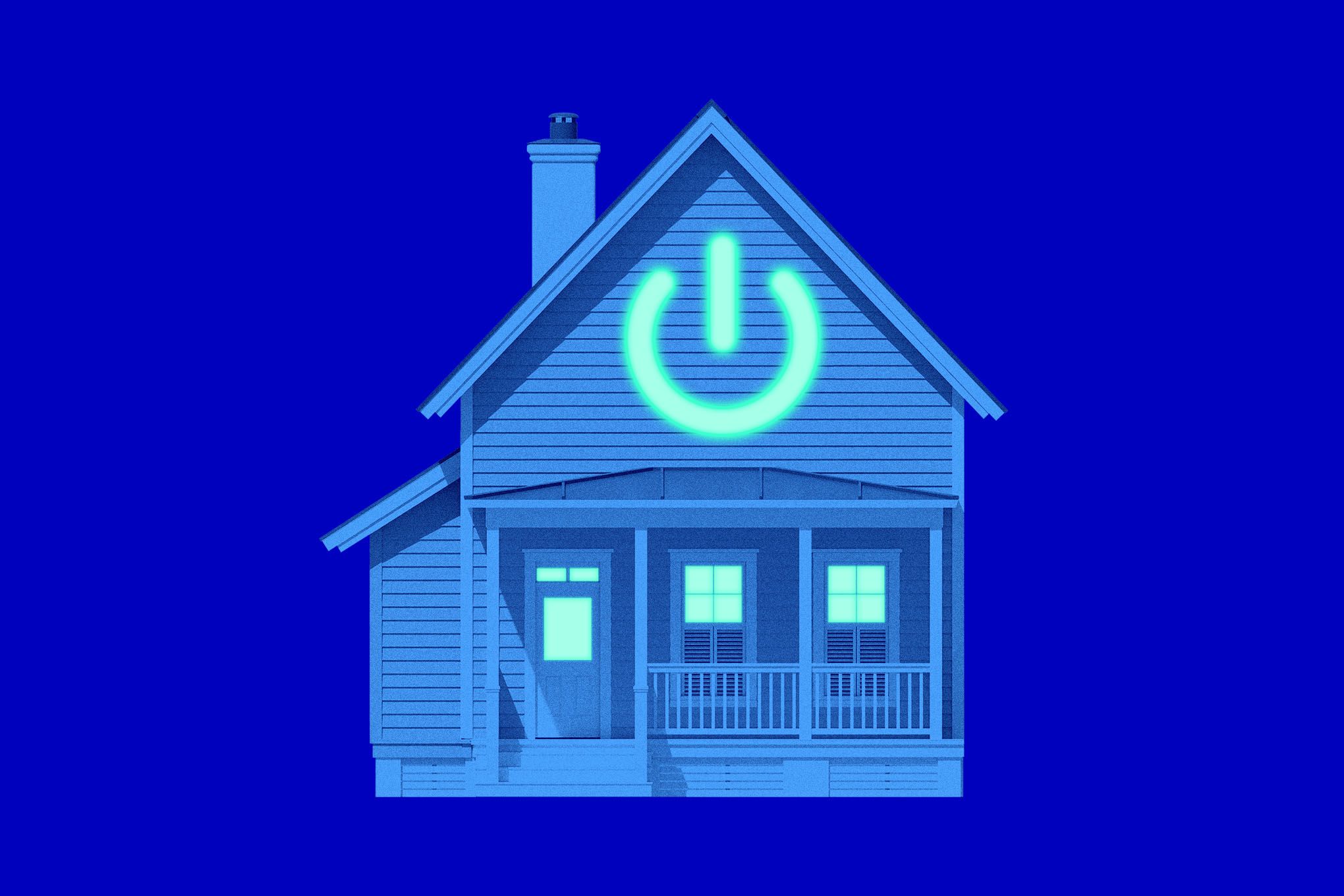Apple just handed smart home enthusiasts a temporary reprieve. The company quietly pushed back its deadline for forcing users off the old HomeKit architecture to February 10, 2026 - months later than the originally planned fall 2025 cutoff. This means iPad users can keep using their tablets as smart home hubs a bit longer, though the writing's clearly on the wall for this beloved feature.
Apple just bought itself some breathing room in the smart home game. The company has quietly extended support for the old HomeKit architecture until February 10, 2026, giving users several extra months before they're forced to upgrade from the current system that lets iPads function as smart home hubs.
The news comes buried in Apple's support documentation, where the company updated its timeline without fanfare. Originally, Apple planned to sunset the legacy architecture in fall 2025, but that deadline has now been pushed back by several months.
The delay might seem minor, but it's actually a big deal for smart home enthusiasts who've been clinging to their iPad-based setups. The old architecture has one killer feature that the new system lacks: it lets iPads serve as full Home hubs, complete with their large, always-on displays that can show controls and status updates at a glance.
When users upgrade to the new Apple Home architecture, they gain support for the Matter smart home standard and improved reliability. But there's a catch - iPads can no longer function as hubs. Instead, users need a separate HomePod or Apple TV to serve as the central brain of their smart home system.
This creates a real problem for people who've grown used to having their iPad mounted on a kitchen counter or bedside table, functioning like Amazon's Echo Show or Google's Nest Hub Max. Those dedicated smart displays offer touchscreen interfaces that make controlling lights, checking cameras, and adjusting thermostats feel natural and immediate.
Apple doesn't currently have a direct answer to this gap in its product lineup. The HomePod and Apple TV are excellent hub devices, but neither offers the visual interface that iPad users have come to rely on. That's left many users reluctant to make the jump to the new architecture, despite its technical improvements.
But the extended timeline might not be coincidental. Industry rumors suggest is planning to in spring 2026. If that timeline holds, the device would arrive just months after iPad hub support officially ends, giving users a clear upgrade path.












